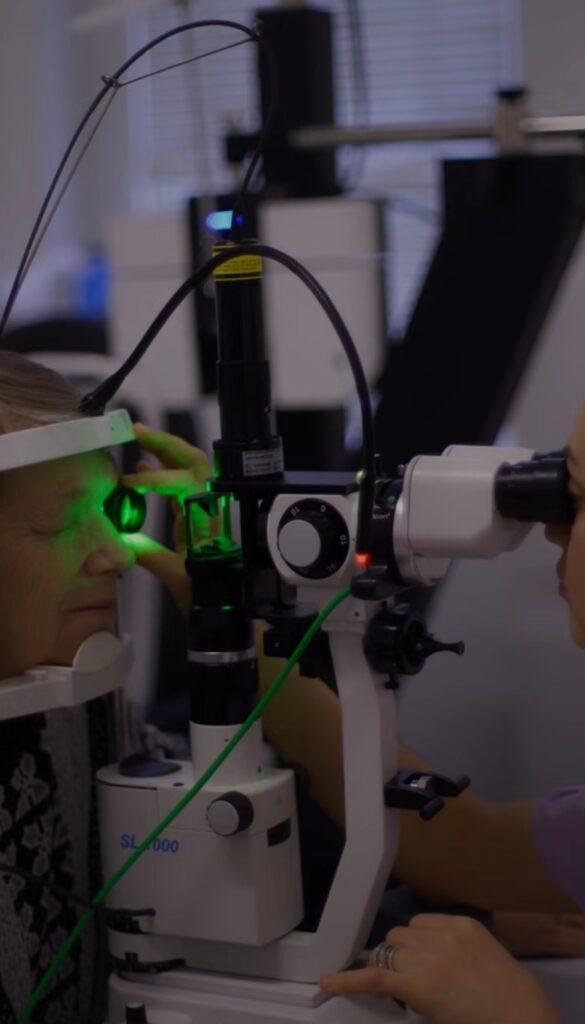Keeping Your Retina Healthy: A Guide to Prevention and Treatment
The retina is a thin, light-sensitive layer of tissue located at the back of the eye. It is responsible for capturing light that enters the eye and converting it into electrical signals that are then transmitted to the brain and interpreted as images. The retina is essential for good vision, and damage to this delicate tissue can lead to a range of eye conditions and vision problems.

One of the most common retina-related conditions is age-related macular degeneration (AMD), which is a leading cause of vision loss in people over the age of 50. AMD occurs when the macula, a small area of the retina responsible for sharp, central vision, deteriorates over time. This can result in a loss of the ability to see fine details and perform tasks such as reading and driving.
Another common retina-related condition is retinal detachment, which occurs when the retina separates from the underlying tissue. This can be caused by a number of factors, including injury, certain medical conditions, and the natural aging process. If left untreated, retinal detachment can lead to permanent vision loss.
Diabetic retinopathy is another condition that affects the retina and is a common complication of diabetes. It occurs when high blood sugar levels damage the blood vessels in the retina, leading to vision problems and even blindness. People with diabetes should have regular eye exams to monitor for diabetic retinopathy and other eye problems.
Treatment for retina-related conditions can vary depending on the underlying cause and the severity of the condition. In some cases, laser or surgical procedures may be necessary, while in others, medication or lifestyle changes may be recommended. It’s important to see an ophthalmologist, or eye doctor, for a complete evaluation and to determine the best course of treatment.
In addition to seeking treatment for retina-related conditions, there are also steps you can take to help protect your retina and maintain good eye health. This includes eating a healthy diet, exercising regularly, not smoking, wearing protective eye gear when participating in sports or other high-risk activities, and wearing sunglasses to protect your eyes from harmful UV rays.
It’s also important to be aware of the signs and symptoms of retina-related conditions, which can include blurry vision, floaters, flashes of light, and a sudden increase in visual distortions. If you experience any of these symptoms, it’s important to see an eye doctor immediately for an evaluation.
In conclusion, the retina is a vital part of the eye and is essential for good vision. Damage to the retina can lead to a range of eye conditions and vision problems, including age-related macular degeneration, retinal detachment, and diabetic retinopathy. Early detection and treatment are crucial for slowing or preventing vision loss, and there are steps you can take to help protect your retina and maintain good eye health. Regular eye exams and being aware of the signs and symptoms of retina-related conditions are important for maintaining good eye health and preventing vision loss.
